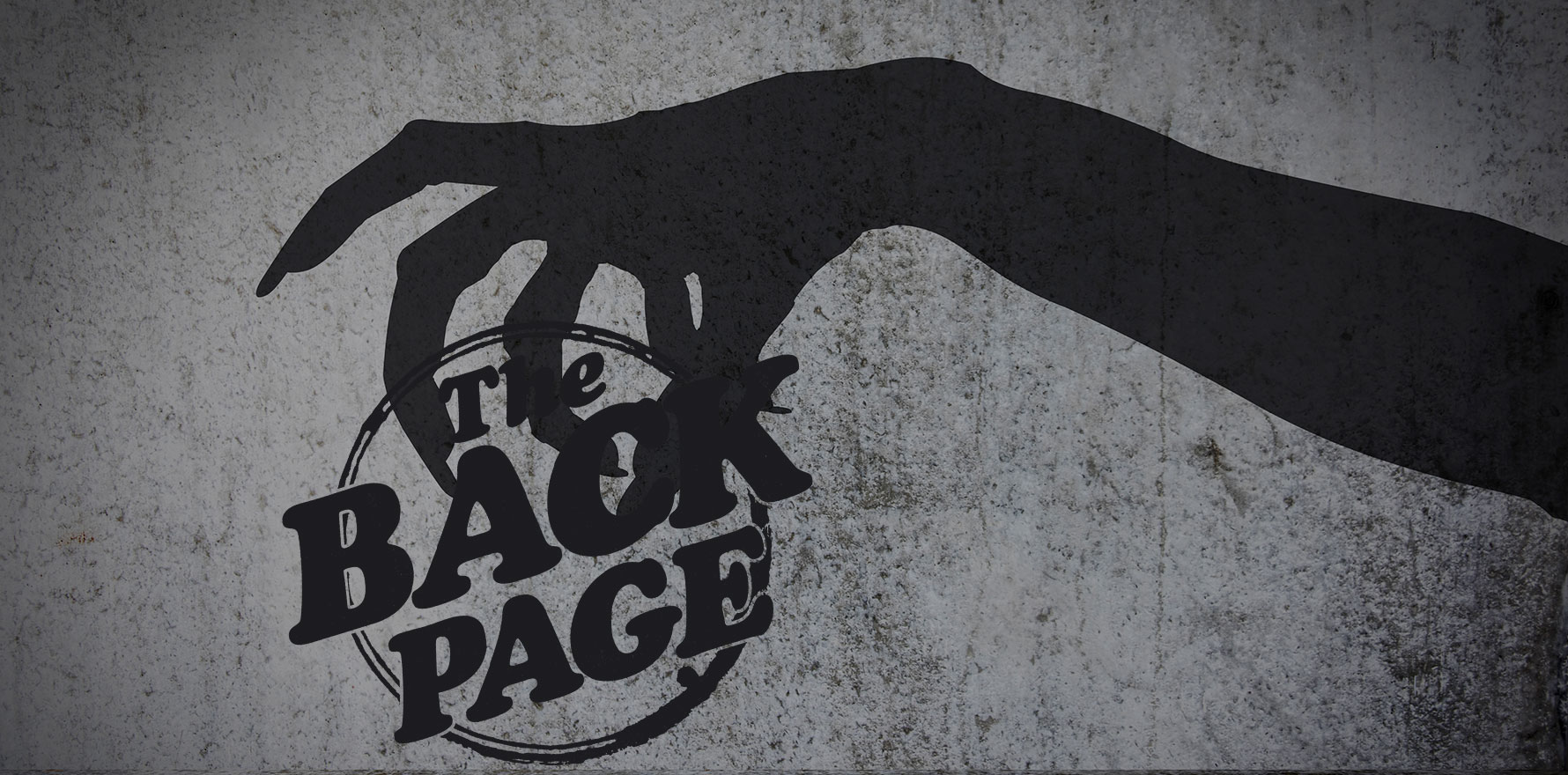
A good scare can put your immune system back in its box, a fun new study has found.
When the Back Page isn’t Back Paging or attending to other lesser DR duties, we’re quite fond of horror: movies, fiction, podcasts, games – anything to escape the rolling horror that is the 6.30 news of the actual world.
So even though they just missed Halloween, this study about the health benefits of a good fright has our name all over it.
While chronic stress is associated with low-grade inflammation, more transient activations of the adrenergic system – such as through cold exposure and hyperventilation – seem to reduce it, the authors write. The effects of “recreational fear” as another way to tickle the adrenergic system have not yet been studied, however.
The team, from Denmark’s Aarhus University, recruited 113 adults to visit “a real-life intense frightening haunted house attraction”, in which, for just under an hour, visitors “walk through the haunted attraction in groups of three to six individuals and are exposed to such elements as killer clowns, decomposing zombies, and chainsaw-wielding aggressors wearing bloody butcher aprons and pig masks smeared in gore”. It looks quite intense.
Participants had their high-sensitive C-reactive protein (hs-CRP) measured immediately before, immediately after and three days afterwards, as well as a range of immune cells.
They also had their heart rates monitored and rated their fear on a 1-9 scale.
Inflammation was defined as hs-CRP levels > 3 mg/l, while below that was normal.
Twenty-two participants had inflammation before the event, and 10 of those were normal three days after. Seven were normal before but had low-grade inflammation afterwards – meaning there was no significant pattern.
However, 18 of the 22 who began with inflammation had reduced hs-CRP levels three days later – a mean decrease from 5.7mg/L pre-event to 3.7mg/L – even if they didn’t quite reach the normal range.
They found a “highly significant decrease” in all immune cell subtypes – lymphocytes, monocytes, eosinophils and basophils – in the normal inflammation group, while in the inflammation group lymphocytes and monocytes decreased between the pre-event and day three blood tests.
“Taken together,” the authors conclude, “despite finding no proportional difference in terms of our predefined primary endpoint, these results may actually still suggest that fear elicited in a recreational context may positively affect the immune system by attenuating the levels of immune cells and markers of inflammation in the blood.”
It’s a relief to know we’ve been indulging in horror for our health all this time.
Send scary movie recs and story tips to penny@medicalrepublic.com.au.

